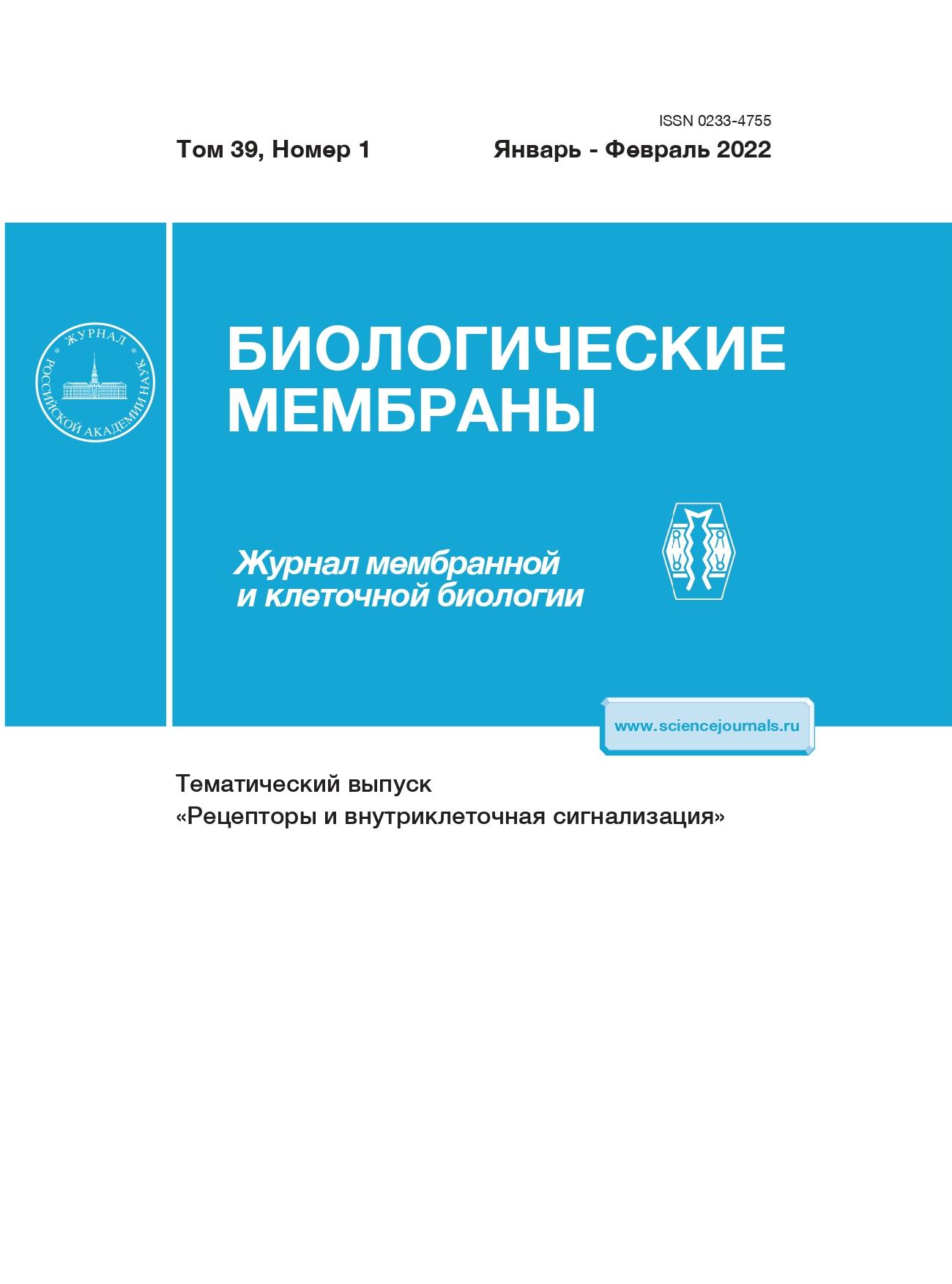
BIOLOGICHESKIE MEMBRANY
Journal of Membrane and Cell Biology

Journal of Membrane and Cell Biology
nan
Biochemistry (Moscow), Supplement Series A: Membrane and Cell Biology. 2024;18(3):137-139
Pages: 137-139
The efficient and safe delivery of therapeutic nucleic acids, such as messenger RNA (mRNA) and small interfering RNA (siRNA), remains a critical challenge in modern medicine. Liposomal formulations, particularly lipid nanoparticles (LNPs), represent a leading non-viral strategy, but their efficacy is highly dependent on the physicochemical properties of the constituent lipids. This study focuses on the synthesis and characterization of novel cationic and ionizable amphiphiles derived from the dihexadecyl ester of L-glutamic acid. These amphiphiles were designed to enhance endosomal escape and improve RNA encapsulation stability. We synthesized a series of L-glutamic acid-based amphiphiles with varying head-group pKa values and assessed their performance in forming liposomes for RNA transport. The resulting liposomes were characterized for size, zeta potential, and encapsulation efficiency of model RNA. In vitro studies demonstrated that the optimized ionizable amphiphile formulation achieved superior cellular uptake and endosomal release compared to benchmark lipids, leading to significantly enhanced gene silencing/expression in target cells. The key finding is that the L-glutamic acid backbone provides a tunable platform for developing highly effective, biodegradable lipid carriers. This work provides a promising new class of amphiphiles for the development of next-generation lipid nanoparticles for RNA therapeutics.